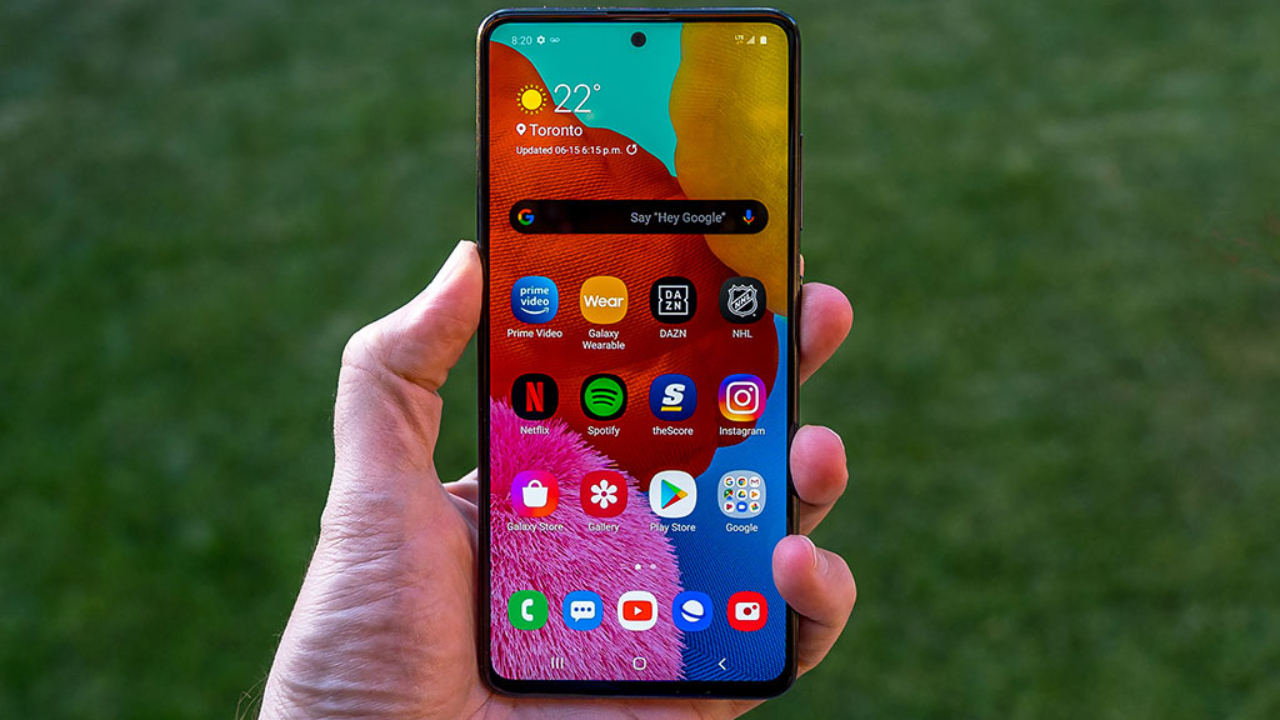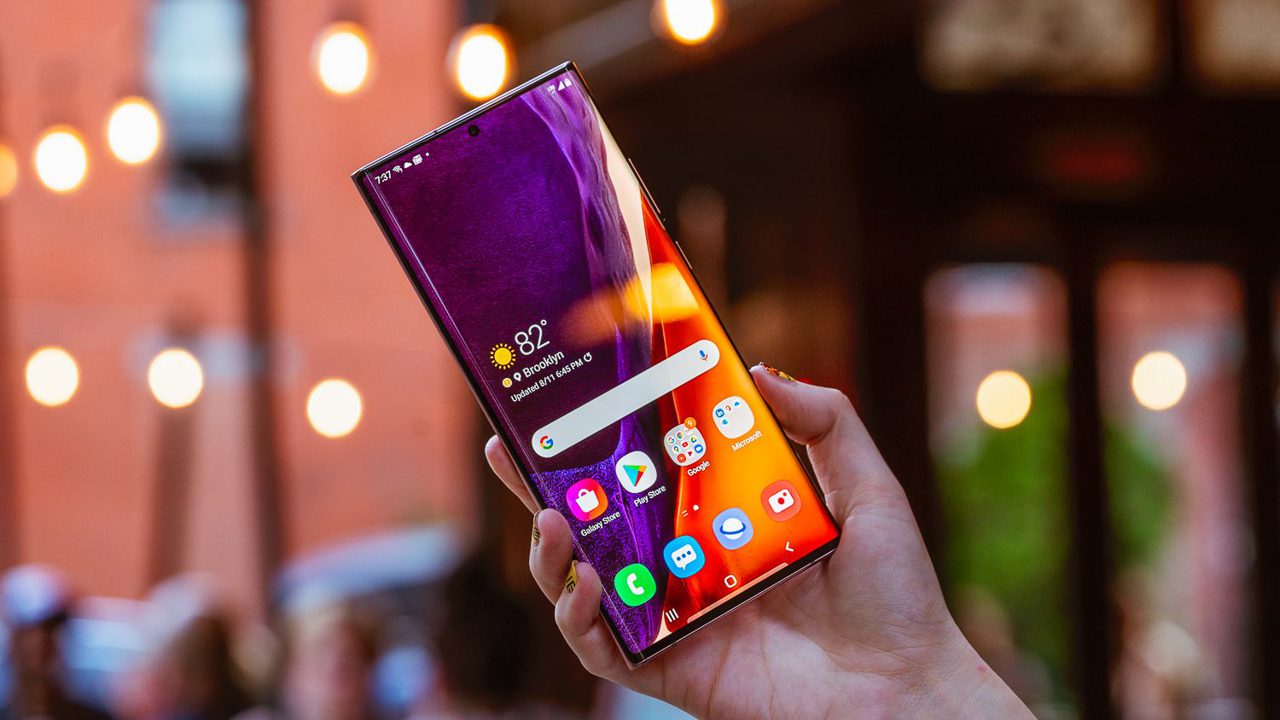With the inclusion of technology in our lives with each passing day, innovation in screens and panels became inevitable. OLED displays began to be used in multiple devices such as monitors, laptops and smartphones. So what is Super AMOLED, the continuation of OLED technology, and how is it different from normal AMOLED?
Super AMOLED vs AMOLED: Which is better?
Super AMOLED is a type of AMOLED display technology used in smartphones and other mobile devices. Similar to AMOLED, the Super AMOLED display is made up of individually illuminated pixels.

The main difference between the two is that Super AMOLED contains fewer layers compared to regular AMOLED. It combines the screen and the touch sensor, and this layer is called the “super layer”. This common layer improves the performance of the screen, delivering brighter and more vibrant colors than standard AMOLED.
One of the most important advantages of S-AMOLED is its high contrast ratio. Because each pixel is individually illuminated, the screen can produce true black, providing a higher contrast ratio and more vibrant colors. It also has a wider color gamut. This means it can display more colors and more accurate colors.
Another advantage of Super AMOLED is its power efficiency. It uses much less power compared to LCD panels as the pixels are only illuminated when needed. As you can imagine, smartphones with this display can offer longer battery life.
The advantages of Super AMOLED can be listed as follows:
- It thins the screen by combining the screen and touch sensor layers in a single layer.
- It offers more vivid colors with a higher contrast ratio.
- It consumes less power and heats less.
- The pixels are independently illuminated, which makes the black look more realistic.
- Because there are fewer layers, light reflection is reduced.

Developed by Samsung as an alternative to AMOLED displays, this display technology offers better performance, higher contrast ratio, wider color gamut and better power efficiency, in short. Let’s also mention that S-AMOLED has different versions such as Advanced, Plus and HD.
What do you think about this subject? You can share your ideas with us in the comments section.